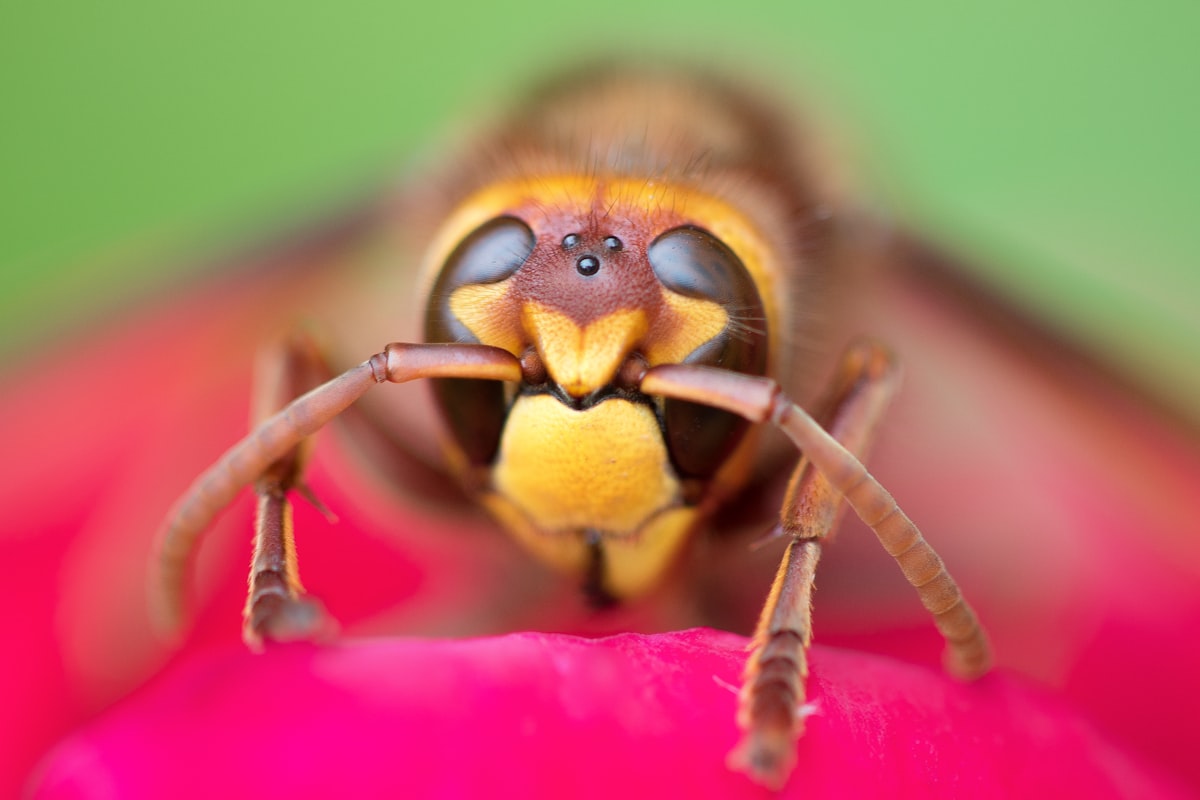Bug zappers, also known as electric insect killers, are devices that attract and then electrocute insects that come into contact with them. They work by using ultraviolet light to attract bugs, which are then drawn to an electrically charged grid. When a bug touches the grid, it is instantly electrocuted.
Though bug zappers can be effective at reducing the number of flying insects in an area, they are not without their drawbacks. One of the biggest concerns with bug zappers is their energy consumption. Just how much electricity do these devices use, and is that consumption offset by the number of bugs they kill? Let's take a closer look.
The answer to this question depends on a few factors, including the wattage of the bulb and the duration of use. Most bug zapper light bulbs are between 20 and 40 watts. If we assume that the average bug zapper is used for 6 hours per day, that comes out to 120-240 watt hours (Wh) per day, or 36-72 kilowatt hours (kWh) per month.
To put that into perspective, the average U.S. household consumes 901 kWh per month, so a bug zapper would account for about 8-10% of your monthly energy usage. In terms of cost, that comes out to about $4-$6 per month at the national average of $0.11 per kWh.
So there you have it—bug zappers do use a fair amount of energy but they certainly won't break the bank. If you're concerned about saving money on your energy bill, you may want to consider using one of these devices only when necessary, such as during peak mosquito season. Or, if you're looking for a more environmentally friendly solution, there are now several brands selling solar-powered bug zappers that use no electricity at all!
Stop getting eaten alive by mosquitoes and other nasty bugs this summer and click the button to order bug zapper light bulbs from Amazon today. Not only will you be doing your part to prevent the spread of disease, but you'll also be able to enjoy your time outside without being constantly pestered. So what are you waiting for? Click the button now and rest easy knowing that you'll be bite-free all summer long.
Your Friends,
LoveNatureReviews Team








